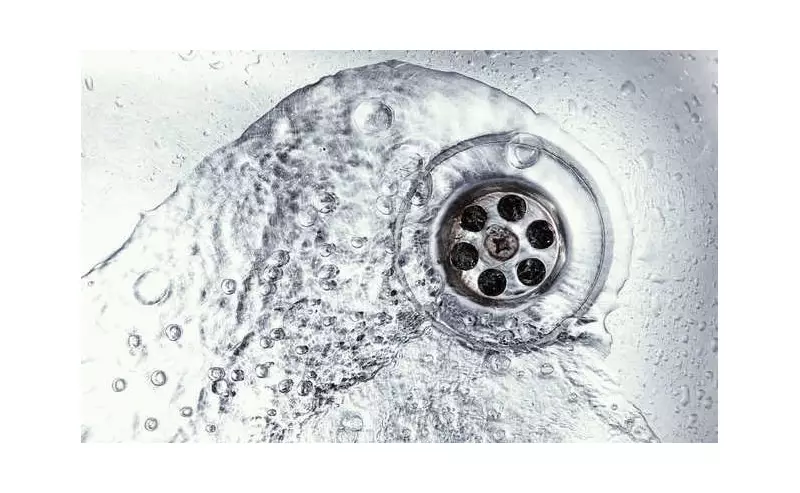
Canadian homeowners are unknowingly causing thousands of dollars in plumbing damage by pouring common household items down their drains. What seems like harmless disposal could lead to clogged pipes, sewer backups, and costly repairs.
The Hidden Dangers in Your Kitchen and Bathroom
Many Canadians make the mistake of treating their drains like garbage disposals, but our plumbing systems and municipal water treatment facilities aren't designed to handle everything we send their way. The consequences extend beyond your home, affecting community infrastructure and the environment.
1. Cooking Grease and Oil: The Pipe Coating You Don't Want
That liquid bacon grease might pour easily now, but as it cools, it solidifies into a sticky, pipe-clogging nightmare. Grease combines with other debris to form massive blockages that can back up your entire plumbing system. Instead, let grease cool and solidify, then scrape it into your compost or garbage.
2. Coffee Grounds: The Gritty Pipe Filler
Despite what you might think, coffee grounds don't dissolve in water. They accumulate in pipes like sand, creating a dense, muddy barrier that traps other debris. Those innocent-looking grounds are a leading cause of kitchen sink clogs across Canadian homes.
3. Eggshells: The Natural Pipe Abrasive
The sharp, granular nature of crushed eggshells combines with grease to create a concrete-like substance in your pipes. Many homeowners mistakenly believe they're harmless, but they're actually creating the perfect storm for blockages.
4. Medication: The Invisible Water Contaminant
Flushing unused medications contaminates water systems and harms aquatic life. Water treatment plants aren't equipped to remove all pharmaceutical compounds. Instead, return expired medications to your local pharmacy for proper disposal.
5. Chemical Cleaners: The Pipe Corroder
Ironically, the drain cleaners marketed to unclog pipes often contain corrosive chemicals that damage plumbing over time. These harsh substances can eat away at pipes and harm beneficial bacteria in septic systems.
Protect Your Home and Environment
Proper disposal of these items not only saves you from expensive plumbing bills but also protects Canada's water treatment systems and natural waterways. Simple changes in household habits can prevent major problems down the line—literally.
Remember: Your drain is for water, soap, and human waste—not a garbage disposal. When in doubt, throw it out (in the proper waste stream) rather than risking your plumbing and the environment.






